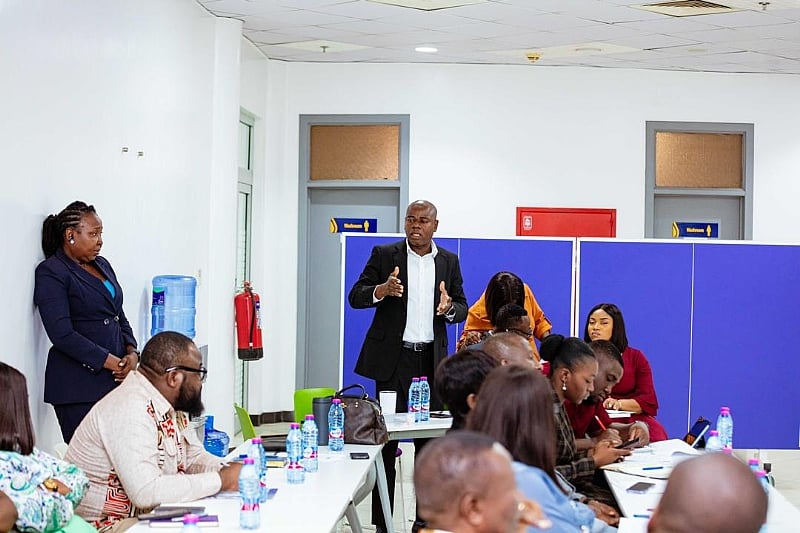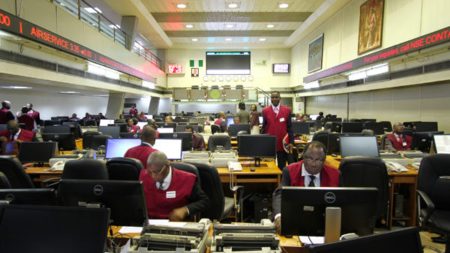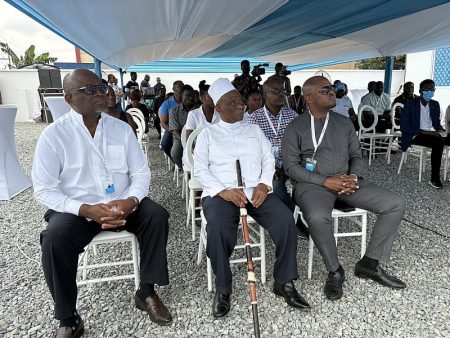The National Petroleum Authority (NPA) of Ghana has embarked on a significant initiative to standardize consumer complaint handling within the petroleum downstream sector. Recognizing the need for a unified and effective framework, the NPA has drafted the Consumer and Public Complaints Procedure Guidelines (CPCPG). These guidelines aim to establish clear procedures for addressing consumer grievances related to Petroleum Service Providers (PSPs) and outline the available channels for consumers to lodge their complaints. This proactive approach underscores the NPA’s commitment to enhancing consumer protection and fostering accountability within the industry.
The development of the CPCPG involved extensive collaboration and consultation. An 11-member working group, approved by the NPA, spearheaded the drafting process, ensuring that diverse perspectives were considered. To gather comprehensive feedback and incorporate practical recommendations, the NPA initiated a series of stakeholder engagements. The first meeting, held on July 15, 2025, brought together representatives from key industry players and consumer organizations. This collaborative approach reflects the NPA’s commitment to developing guidelines that are both robust and practical, addressing the concerns and expectations of all stakeholders.
The initial stakeholder consultation included participation from influential organizations such as the Chamber of Oil Marketing Companies (COMAC), representing the interests of petroleum marketers; the Chamber of Petroleum Consumers (COPEC), advocating for consumer rights; the Consumer Protection Agency (CPA), a government body dedicated to consumer welfare; and the Institute for Energy Security (IES), an independent think tank focused on energy issues. The inclusion of various departments within the NPA further ensured a comprehensive internal review of the draft guidelines. This diverse representation facilitated a thorough examination of the proposed procedures from various angles, ensuring a balanced and well-informed approach to consumer complaint resolution.
The first stakeholder meeting provided a valuable platform for in-depth discussions and critical analysis of the draft CPCPG. Participants had the opportunity to share their insights, raise concerns, and propose amendments based on their practical experiences and expertise. This collaborative exchange of ideas helped refine the guidelines, ensuring their practicality and effectiveness in addressing consumer grievances within the petroleum downstream sector. The feedback collected during this meeting will be carefully considered and incorporated into the final version of the CPCPG, thereby enhancing its relevance and applicability.
A second round of consultations, scheduled for July 22, 2025, will further broaden the scope of stakeholder engagement. This session will involve representatives from the Consumer Unity and Trust Society (CUTS), a consumer advocacy organization; the African Centre for Energy Policy (ACEP), an independent think tank specializing in energy policy; and various transport unions, including the Ghana Private Road Transport Union (GPRTU), Progressive Transport Owners Association (PROTOA), and the Ghana Online Drivers Union, representing drivers from ride-hailing platforms such as Bolt, Yango, Shaxi, and Uber. This expanded outreach aims to capture the perspectives of transport sector stakeholders, who are significant consumers of petroleum products and often directly impacted by issues related to pricing, quality, and service delivery.
The NPA emphasizes the critical importance of these ongoing stakeholder consultations in ensuring that the final CPCPG effectively addresses the practical concerns and expectations of all actors within the petroleum downstream sector. By incorporating diverse perspectives and practical insights, the NPA aims to develop guidelines that are not only comprehensive and well-structured but also readily implementable and enforceable. This meticulous approach to stakeholder engagement reflects the NPA’s commitment to transparency and inclusivity, ensuring that the final CPCPG serves as a robust and effective tool for consumer protection and accountability within Ghana’s petroleum industry. The initiative represents a significant step towards strengthening consumer rights and promoting a fair and transparent marketplace for petroleum products. By providing a standardized framework for complaint handling, the NPA aims to build consumer trust and confidence in the petroleum downstream sector.














